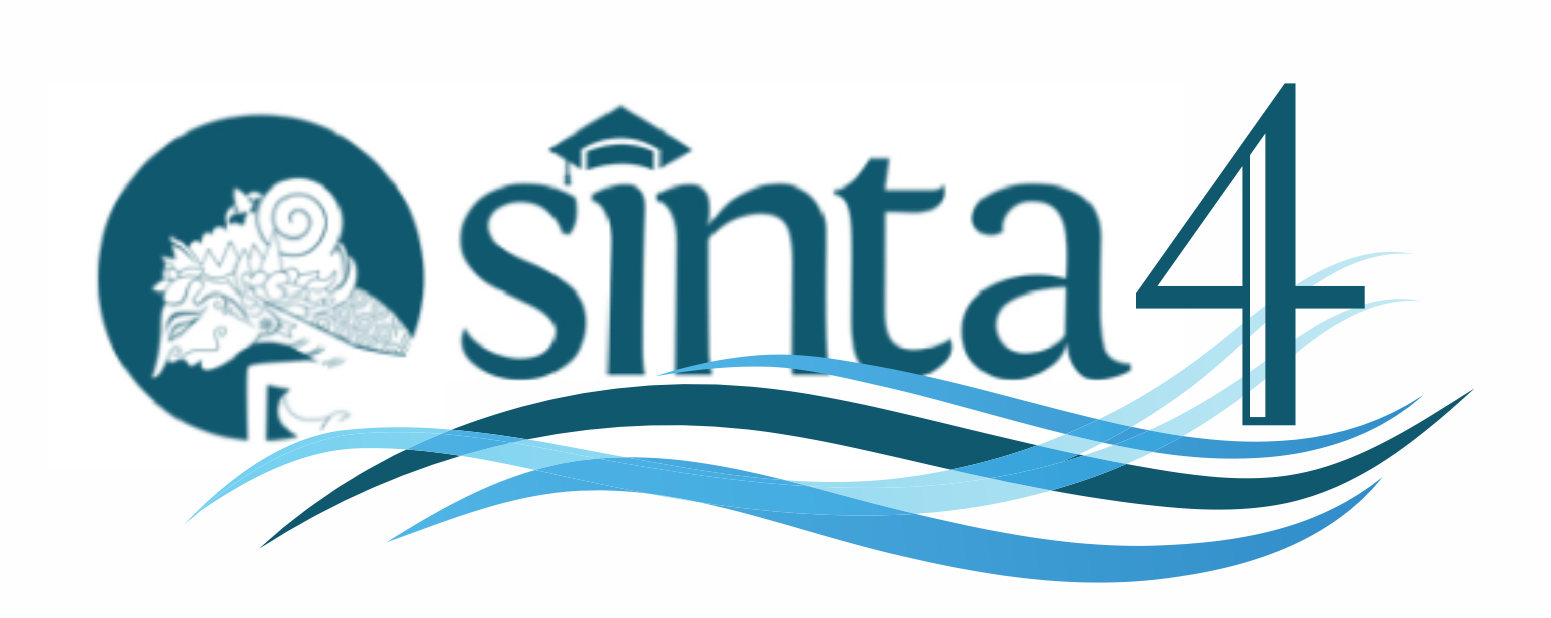About the Journal
- About the journal
The Journal of Asia Pacific Studies (JAPS) is published bi-annually in June and December. JAPS was established and has been published since 2017 by the Department of International Relations, Faculty of Social and Political Sciences, Christian University of Indonesia, Jakarta, Indonesia. JAPS’s mission is to be a leading journal for elaborating concepts, methodologies, and issues in International Relations and Sustainable Development Goals within the Asia Pacific region and other related areas through interdisciplinary studies. JAPS is managed with the aim of becoming a high-quality, open-access journal through a rigorous peer-review process.
JAPS primarily focuses on three core topics:
Firstly, JAPS addresses various contemporary issues in international relations and sustainable development within bilateral, multilateral, and regional Asia Pacific contexts. It applies diverse concepts and theories from International Relations and other evolving Social Sciences. JAPS provides a platform for fostering synergy among various disciplines to support the goal of a safer, more peaceful, and sustainable future for nations in the Asia Pacific. Historically, the Asia Pacific has been and continues to be a region marked by tensions and conflicts among major, middle, and small powers, an arms race, and nuclear competition. Concurrently, it offers dynamic prospects for trade, economic, environmental, and technological growth. With its extraordinary diversity and plurality, where tradition and modernity coexist, and a rich tapestry of cultures offers invaluable insights, the Asia Pacific serves as a ”laboratory” for scholars and researchers to apply various perspectives through critical analysis in their scholarly articles.
Secondly, beyond conventional International Relations issues such as war and peace, the balance of power, and innovation competition, the challenges of sustainable development are increasingly evident for various Asia Pacific countries. Global climate change and its impacts, particularly rising temperatures leading to forest fires, sea-level rise, the threat of submerging islands in the South Pacific, as well as the challenges of regional and global cooperation and collaboration, pose distinct hurdles that demand immediate solutions. JAPS pays close attention to global commitments to sustainable development, especially for issues emerging in the Asia Pacific, ranging from the first to the seventeenth Sustainable Development Goal.
Thirdly, discussing a region inherently involves discussing the communities residing within it. JAPS’s discourse is not limited to “hard power,” the dynamics of major powers, or strategic decision-making elites. JAPS also acknowledges “soft power” and grassroots communities whose contributions are often overlooked in the arena of international and global relations. Indigenous communities, civil society, women, children, and marginalized groups are integral to the inclusive Asia Pacific society that JAPS aims to build. Issues concerning refugees, human rights violations, human security, depopulation, and environmental degradation affecting community well-being are also within JAPS’s scope. In essence, the roles of civil society, women, and youth are crucial aspects in the development of a prosperous Asia Pacific region.
Ultimately, in an increasingly complex world shaped by technological advancements, the existential interests of every nation, and relationships that are never free from hegemony and power, JAPS hopes to present valuable and beneficial insights, reflections, and recommendations for humanity in the Asia Pacific region.
- Publication Ethics
Jurnal Asia Pacific Studies (JAPS) is committed against the practice of plagiarism. We use duplication-checking software to detect incoming articles for potential plagiarised academic work. If there is any indication of plagiarised work published in the journal, the editors deserved the rights to retract the article and take punitive measures accordingly. Any complaints and appeal should be sent to JAPS email (asiapacificstudies@uki.ac.id).
Articles will be accepted on the basis of originality, novelty and relevance of findings to JAPS' mission. Decisions regarding the article acceptance will be taken without discrimination on the basis of gender, religion, ethnicity and sexual orientation. JAPS will maintain the highest quality of transparency and impartial decision-making process.
- Digital Archive & Copyrights
Jurnal Asia Pacific Studies (JAPS) used LOCKSS (Lots of Copies Keep Stuff Safe) and CLOCKSS (Controlled Lots of Copies Keep Stuff Safe) for digital archive. JAPS allow the author(s) to hold the copyright without restrictions. JAPS also allowed the author(s) to retain publishing rights without restrictions.
- Open Access Policy
Jurnal Asia Pacific Studies (JAPS) is an open access journal and we provide free access to all articles in the website. There is no fees and charges for processing, submitting and publishing articles in JAPS.
This work is licensed under a Creative Commons Attribution 4.0 International License.













